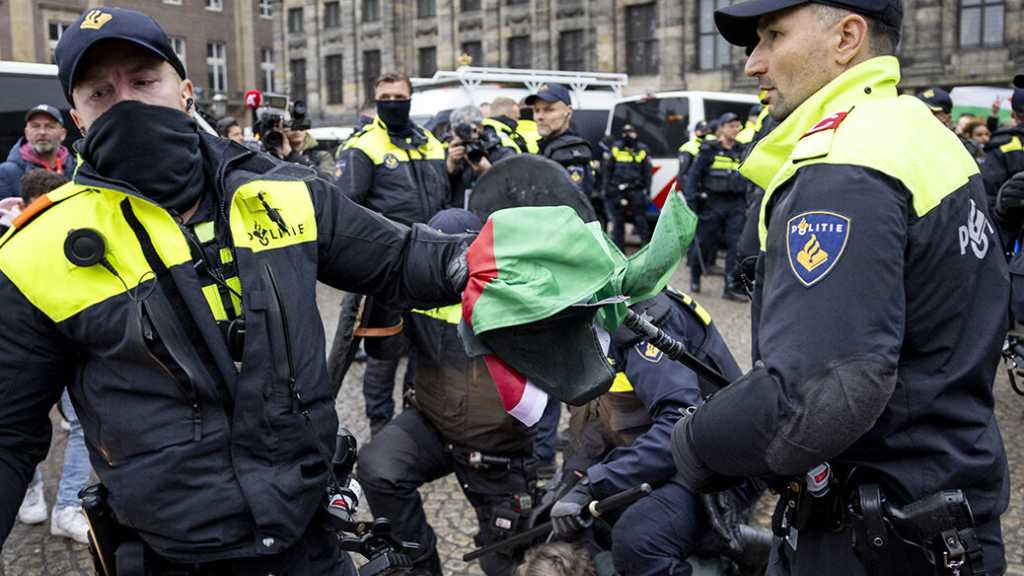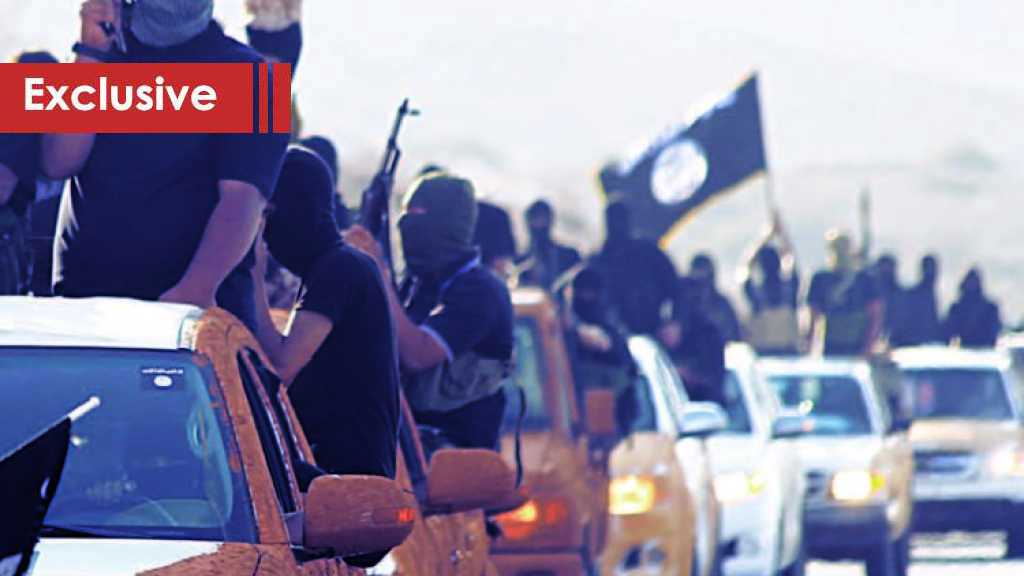The Consequences of “Israeli” War: Talk of Antisemitism and ‘Israeli’ Riots in Amsterdam

By Mohammad Hammoud
The rise of the so-called antisemitism worldwide is, in many ways, a byproduct of the ongoing “Israeli” aggressions against Lebanon and Palestine. As reports of civilian casualties in Gaza and Lebanon continue to mount, criticism of “Israel’s” military actions intensifies. This leads to global reactions against both “Israeli” policies that have not been seen since World War II.
In countries such as the United States and across Europe, reports of antisemitism have surged by as much as 361%. Institutions like synagogues, schools, and community centers talk about frequent targets of vandalism, harassment, and threats. This underscores the link that these individuals make between anti-“Israel” sentiment and antisemitism at large.
A notable example of this backlash occurred in Amsterdam. This incident highlights how “Israel’s” actions in Lebanon and Gaza not only take a toll on human lives but also fuel resentment against Jewish communities worldwide.
This essay examines how “Israeli” military aggression, particularly targeting civilian areas, has provoked a global backlash, manifesting in both anti-“Israel” sentiment and rising antisemitism. Additionally, it will explore the underlying social dynamics and historical precedents driving this phenomenon.
A Misunderstood Term: "Semitic"
It is important to note that the term “Semitic” is derived from the biblical name Shem, one of Noah’s three sons. The “Semitic” peoples are found throughout the Middle East, with Arabs being the largest constituent group. However, “antisemitism” has been specifically applied to Jews within this broader Semitic population. This essay uses the term in its conventional sense but acknowledges the broader meaning often neglected in contemporary discourse.
Civilian Casualties and the Escalation of Global Hostilities
“Israeli” military actions in Lebanon and Palestine, including airstrikes causing extensive civilian casualties, have intensified international frustration. According to global sources, “Israel’s” recent military campaigns have killed thousands, destroyed critical infrastructure in Gaza and South Lebanon, displaced entire communities, and raised serious humanitarian concerns. Images of slaughtered children and stories of families torn apart by these operations circulate widely, generating public outcry and protests worldwide. However, as the condemnation of these actions grows, so does the association between “Israel's” policies and Jewish individuals globally, fueling anti-“Israel” responses even in regions far removed from the conflict.
The Role of Social Media in Uncovering the Truth
Unlike in earlier eras, today's digital landscape allows people to bypass government-controlled narratives and spread raw, unfiltered content directly from conflict zones. Social media now plays a pivotal role in raising awareness about the situation in Palestine and Lebanon, and it also amplifies anti-“Israel” rhetoric. Studies show that inflammatory posts, videos, and commentary targeting specific groups can circulate rapidly on these platforms, outpacing traditional news outlets. Jewish organizations such as the Anti-Defamation League (ADL) have noted an increase in online anti-Semitic rhetoric linked to recent conflicts. In some instances, individuals have drawn direct connections between “Israel's” actions and global Jewish communities, targeting Jewish people in response to events in Gaza and Lebanon. The incident in Amsterdam, where the “Israeli” sports team was attacked by individuals shouting pro-Palestinian slogans, underscores the role social media plays in shaping these narratives.
The Attack in Amsterdam
On November 7, 2024, following a Europa League match between Dutch club Ajax and the “Israeli” team Maccabi Tel Aviv, violence erupted in Amsterdam. In the days leading up to the match, “Israeli” fans were seen tearing down Palestinian flags and chanting anti-Arab slogans, which fueled a strong, and ultimately violent, response from pro-Palestinian groups. “Israeli” fans were reportedly attacked by groups of young men using "hit-and-run" tactics, resulting in several injuries and numerous arrests. Videos circulating on social media captured these assaults, with attackers bearing Palestinian flags and chanting "Free Palestine." This incident symbolizes a misdirection of protest against “Israeli” actions into animosity toward all Jews, intensifying global antisemitism rather than fostering productive dialogue or policy change.
Linking Jewish Identity with “Israeli” Policies
It is easy for many individuals and organizations critical of “Israel” to associate “Israeli” policies with Jewish identity, especially since many Jewish communities worldwide overwhelmingly support “Israel”. Consequently, the atrocities committed by the “Israeli” government are often blamed on Jewish communities globally. History has repeatedly shown that conflicts involving “Israel” correlate with spikes in antisemitism, where individuals and institutions become targets of anger over “Israeli” policies, despite the fact that Jewish communities worldwide do not necessarily endorse all “Israeli” government actions.
Conclusion
The global rise in antisemitism cannot be separated from the realities of “Israeli” military actions in Lebanon and Palestine. The attack on the “Israeli” team in Amsterdam exemplifies the complexities of how political conflicts intersect with societal responses, leading to damaging outcomes. As civilian lives are lost in Palestine and Lebanon in the name of security, the ramifications ripple far beyond the Middle East, fostering an environment where individuals feel pressured to take action to alleviate the suffering of Palestinians and Lebanese, even though unjustifiable means.
Comments




